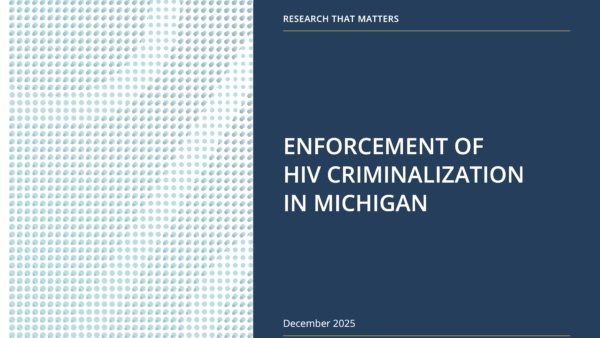
HIV reporting obligations in Slovakia: patient advocacy for change in criminal code
In Slovakia, HIV-positive patients are obliged to report their diagnosis in medical facilities. This arises from the Criminal Code, otherwise you could face penalties for spreading a dangerous disease. Patients and some experts draw attention to the advanced treatment methods, which mean that this obligation should no longer be necessary. The Ministry of Health is currently not planning to change the current regulations, but is open to a discussion about it.
Jan Koller is one of the patients with this diagnosis. His life has been changed by HIV, not because of the treatment, but because of people’s prejudices: “There is a significant stigma associated with this disease. I was faced with rejection from doctors myself. We don’t pose a risk to anyone.”
This is also why Jan Koller founded a non-profit organization to help others with this disease. Some healthcare providers may have reservations or uncertainties about treating people with HIV. While Danica Staneková from the National Reference Center for HIV and AIDS Prevention understands the concerns of health workers, she reminds that patients could also go to an outpatient clinic or hospital without knowing that they are HIV-positive. Therefore, every patient should be treated as potentially infected and infectious. According to Staneková, it would at least be appropriate not to consider HIV as a special diagnosis, as is the case in the Criminal Code. The spread of HIV and other dangerous infections is listed there. However, HIV can now be treated in the same way as hepatitis B, for example, although this disease does not represent a special diagnosis in the criminal code.
HIV patients are demanding that they no longer have to legally report their diagnosis under threat of criminal prosecution. As long as the disease is treated with modern means, it poses no danger to other people, says infectiologist Peter Sabaka: “Some countries have already initiated such changes in jurisprudence. Thanks to treatment, such patients have no detectable viral load. You can therefore actually be viewed as not infected in terms of the risk of infection and therefore the need to report. I can’t give a clear answer at the moment as to whether this should also be the case in Slovakia.”
There are approximately 1,600 people living with HIV in Slovakia. In 2023, 140 new cases were added.









